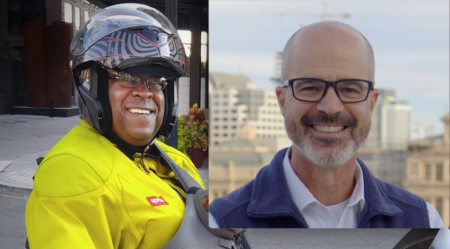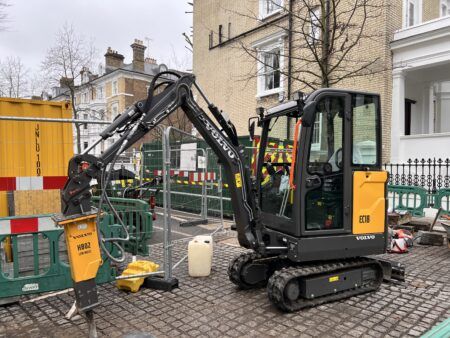The UK government has put forward plans to make electric vehicle (EV) chargepoints more widely available and convenient for motorists, as part of its long-term goals of making transport greener and improving air quality.
The Department for Transport (DfT) is consulting on a series of measures that will make chargepoints more accessible, making it easier for drivers to recharge as demand for low emission vehicles increases. The measures are due to be included in the Modern Transport Bill, which will outline the role technology and innovation will play in delivering the safe, efficient and user-focused transport systems of the future. The bill is due to be laid before Parliament next year. The DfT is also consulting separately on the proposed transposition of the Alternative Fuels Infrastructure Directive, Europe-wide legislation that will further promote the roll-out of charging facilities for vehicles that run on electricity, hydrogen and other clean fuels.
The government has pledged more than £600m (US$727m) over this parliament to further boost the ultra-low emission vehicle (ULEV) market, which is going from strength to strength after the number of new ULEVs registered rose by 250% in just two years. There are already more than 11,000 public chargepoints across the UK, and the country has Europe’s largest network of rapid chargepoints. The government also offers a range of grants for home and workplace charging.
The government has also announced an additional £4m (US$4.8m) to the plug-in van grant scheme, extending the eligibility to larger vehicles, with electric trucks above 3.5 tonnes now eligible for grants up to £20,000 (US$24,200). Electric vans and trucks have significant air quality benefits, as they spend much of their time in towns and city centers. More than 96% of current city center vans and trucks are currently diesel-powered.
The measures being proposed would give the government powers to support the roll-out of charging and hydrogen refueling infrastructure, and improve consumer access to the network by:
Making information about the location of public charging stations more accessible to the public, potentially via an online database and through smartphone apps;
Ensuring drivers can access chargepoints without the need for multiple memberships from individual providers;
Giving powers to set common standards for all public chargepoints to ensure EV owners can recharge anywhere, anytime;
Making consumer pricing information for electricity and hydrogen fuels consistent and transparent;
Supporting ‘smart’ electric vehicle charging that is flexible to grid demands;
Ensuring there are chargepoints and hydrogen refueling points at large fuel retailers and motorway service areas;
Encouraging the roll-out of hydrogen refueling stations through franchising.
“We are committed to making transport cleaner and giving even more drivers the option of using a low-emission vehicle, as we strive to improve air quality across the country,” said UK Secretary of State for Transport Chris Grayling. “Our ambition is for nearly all new cars and vans to be zero emission by 2040, and we are taking real steps to achieve this in the Modern Transport Bill.”




